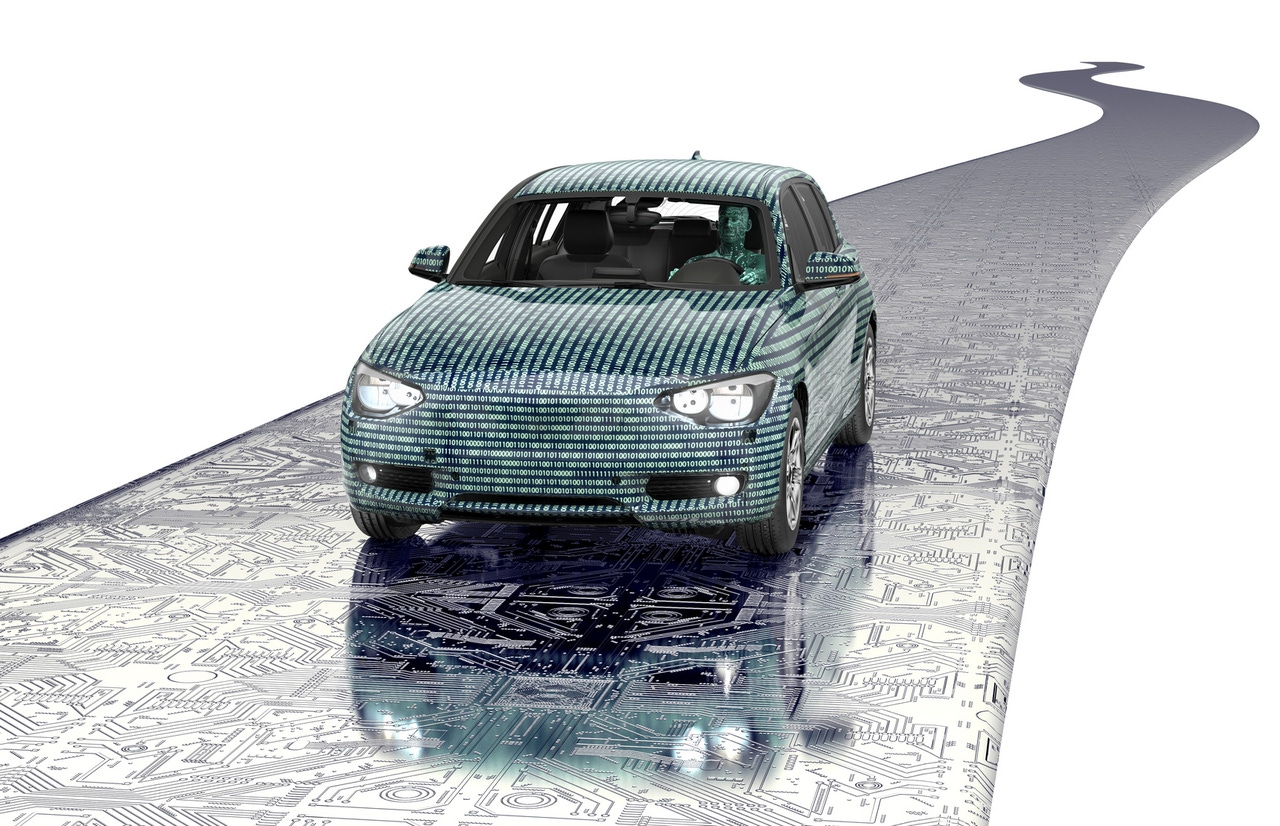Google grabs pole position in the automotive infotainment raceGoogle grabs pole position in the automotive infotainment race
Google has been named as the technology partner of the Renault-Nissan-Mitsubishi alliance to embed the Android operating system in vehicles sold all around the world.
September 18, 2018

Google has been named as the technology partner of the Renault-Nissan-Mitsubishi alliance to embed the Android operating system in vehicles sold all around the world.
The alliance, which sold a combined 10.6 million vehicles in 200 markets across last year, will integrate Google applications and services into infotainment and cloud-based systems. While each platform will be powered by the Android OS, each brand will have flexibility to create a unique customer interface and specific features on top. The partnership is scheduled to begin in 2021.
“Our partnership with Google will offer owners of our vehicles rich user experiences that are currently available only outside the vehicle or, to a limited extent, by connecting an Android device to supported vehicles,” said Hadi Zablit, SVP of Business Development at Renault-Nissan-Mitsubishi.
“We are building powerful connected and seamless on-board/off-board experiences into our vehicles in addition to the features of Google applications and services that many users are accustomed to, including Google Maps, the Google Assistant and the Google Play Store.”
As part of the agreement, Google Maps will power the turn-by-turn navigation systems, while a range of automotive apps will be available to download from the Google Play Store. Users will be able to answer calls and texts, control media, find information, and manage vehicle functions with voice using the Google Assistant.
For Google the move makes a lot of sense. With voice interaction becoming more common, it offers the internet giant an opportunity to generate revenues in environments where a screen is not an option. Both Google and Amazon are attempting to infiltrate as much of the consumers life as possible, and the car is an excellent place to start.
The move also suggests the digital economy will not be as fragmented as some might have feared. Last week BMW announced it was launching its own app, leaving both Amazon and Google out of the equation, to improve the in-car experience. It should not be seen as unusual for OEMs to attempt to create value by owning the customer experience, though the more apps there are on the market, the more fragmented the ecosystem becomes and the more thinly spread data is. Should several assistants all be vying for the attention of the consumer, it is highly unlikely enough data will be collected to create a personalised environment.
With the Google Assistant now interacting with tens of millions of more consumers through the infotainment system, it creates a much more secure foothold in the digital assistant market. Google is no longer limited to your phone or your speaker, but can drive interaction in the car as well.
Of course, with interaction comes revenue opportunities. How long before you infotainment system suggests taking a slight detour to pick up a Big Mac because your Google calendar knows you have a spare 20 minutes before the meeting starts? And how much money will McDonalds pay Google to suggest that detour?
About the Author
You May Also Like










.png?width=300&auto=webp&quality=80&disable=upscale)


_1.jpg?width=300&auto=webp&quality=80&disable=upscale)